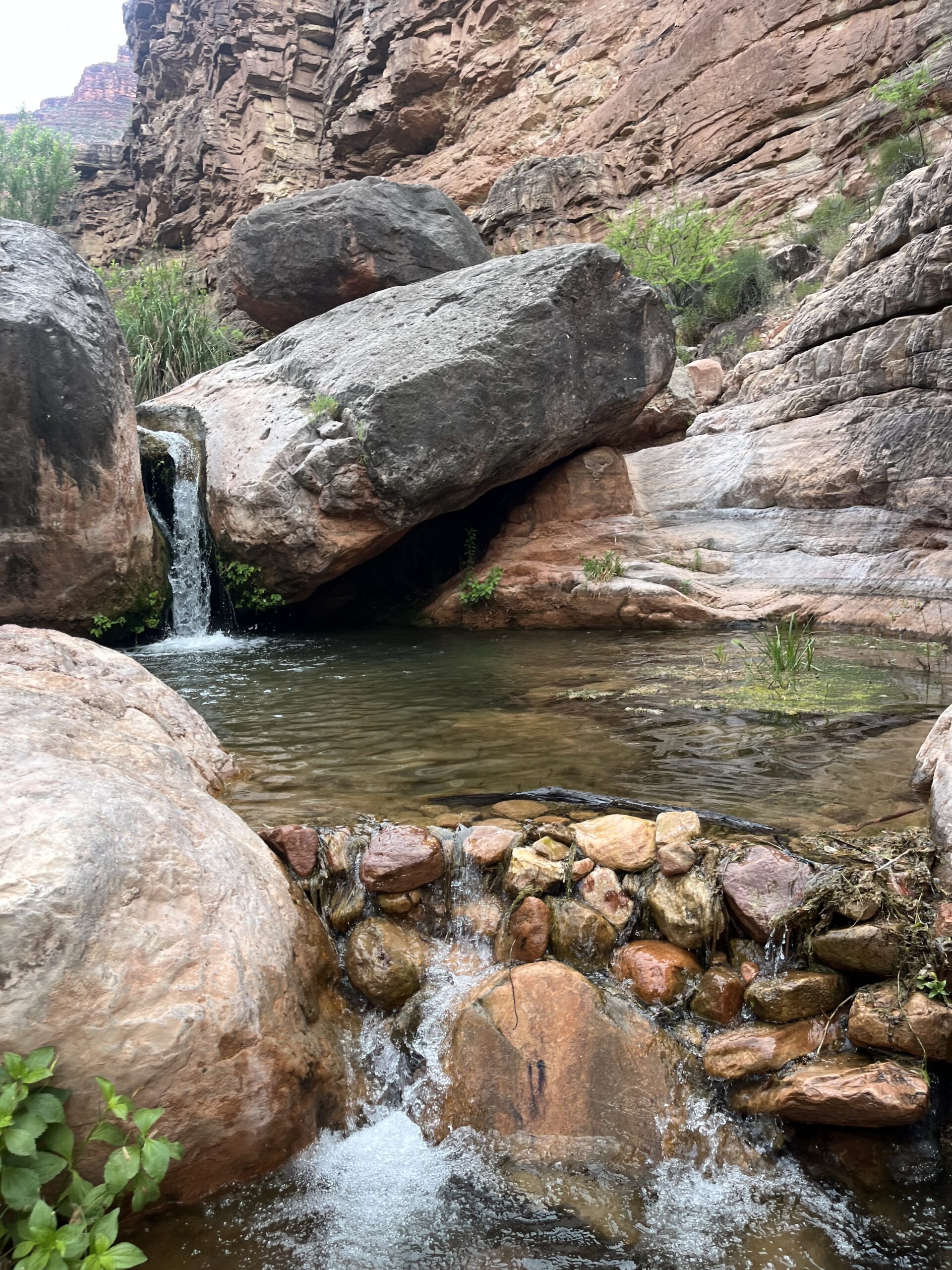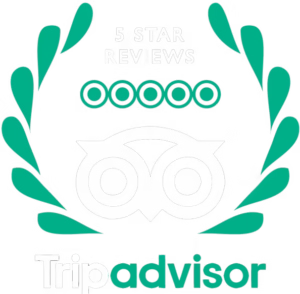The Healing Benefits of Desert Hiking
The desert is a landscape of extremes, with vast open spaces, unique rock formations, and an environment that challenges the body and mind. While many people see desert hiking as a physical activity, it holds powerful potential for emotional and mental healing as well. Here’s a look at why desert hiking can be a transformative and restorative experience for those who embark on its trails.
A Sense of Solitude and Reflection in Desert Hiking
One of the most striking characteristics of the desert is its quiet, expansive emptiness. Unlike more densely forested trails or busier national parks, the desert offers a space where hikers can truly disconnect from the noise of daily life. Moreover, this solitude provides an opportunity for deep reflection, meditation, and mindfulness. It allows you to reconnect with your inner thoughts and find peace.
Benefit: The silence of the desert has a calming effect. Consequently, it can help reduce stress and anxiety. Taking time to be present in such an environment encourages mindfulness and can lead to greater mental clarity.
Connecting with Nature Through Desert Hiking
The desert is a place of unique natural beauty. From the stunning colors of the sunrise and sunset that paint the sky with hues of red and orange to the night sky filled with a blanket of stars, these moments remind hikers of their place within the larger universe. Furthermore, this connection with nature reduces feelings of loneliness and increases a sense of belonging.
Benefit: Studies show that spending time in nature boosts mood and improves overall mental health. As a result, the awe-inspiring views of the desert evoke a sense of gratitude and joy, shifting focus away from worries toward the present moment.
A Challenge that Strengthens Resilience
Hiking in the desert is not without its challenges. High temperatures, rugged terrain, and the need for strategic planning all test your physical and mental endurance. Therefore, overcoming these challenges boosts self-confidence and resilience. Each completed hike is a reminder of your capability and strength.
Benefit: Facing and overcoming physical challenges translates to increased resilience in daily life. Similarly, the sense of accomplishment from completing a tough desert hike inspires confidence in other areas, reinforcing a “can-do” mindset.
A Place for Physical and Mental Detox
Sweating it out on a desert trail detoxifies the body. It also gives your mind a break from digital and societal overload. Consequently, the desert’s minimalistic environment encourages you to leave behind distractions and focus on the simplicity of the moment—your breath, your steps, and the landscape around you.
Benefit: Digital detox and physical exercise help reduce cortisol levels, the stress hormone. Additionally, the combination of movement and quiet leads to a state of relaxation and mental rejuvenation.
Healing Benefits Through Movement in Desert Hiking
Exercise, including hiking, releases endorphins—neurochemicals that act as natural painkillers and mood elevators. The consistent movement, combined with the natural rhythm of hiking, promotes a meditative state. Consequently, this can lift your spirits and support emotional healing.
Benefit: Regular physical activity is linked to improvements in mood and reduced symptoms of depression and anxiety. Moreover, hiking lowers blood pressure and improves heart health, contributing to a sense of well-being.
The Power of Sunlight in Desert Healing
While caution must be taken to protect against overexposure, sunlight is essential for producing vitamin D. This supports the immune system, bone health, and mood regulation. Therefore, the ample sunlight in the desert provides a natural source of this vital nutrient.
Benefit: Adequate vitamin D levels are linked to improved mood and energy. In addition, exposure to natural light helps regulate your circadian rhythm, promoting better sleep and overall wellness.
Engaging the Senses
The desert landscape engages the senses in a unique way. The feel of warm sand or rock under your hands, the sight of colorful rock layers and blooming cacti, and the scent of desert plants like sage and creosote create an immersive sensory experience. Thus, this heightened engagement is profoundly grounding.
Benefit: Immersing yourself in a sensory-rich environment can be a form of therapy. Consequently, it reduces stress and enhances overall well-being. This experience redirects focus from worries to the immediate sensations of the hike.
Building Community and Connection
While solitude is a significant draw for some, desert hiking can also be a communal activity. Sharing the experience of a challenging trail or a scenic overlook with friends or fellow hikers fosters a sense of connection and support. Moreover, this shared time strengthens bonds and creates lasting memories.
Benefit: Positive social interactions and community support are linked to lower levels of stress and improved mental health. Consequently, the desert provides a unique backdrop for building and nurturing these connections.
Tips for Maximizing the Healing Benefits of Desert Hiking
- Take Your Time: Don’t rush your hike. Instead, pause, reflect, and take in the landscape.
- Stay Safe: Prepare properly with sufficient water, sun protection, and navigation tools.
- Disconnect to Reconnect: Turn off your phone or put it on silent. Consequently, take a break from screens to fully engage with your environment.
- Practice Mindfulness: Use the quiet and solitude of the desert to practice mindfulness. For example, focus on your breath and each step.
Conclusion: Embrace the Healing Power of Desert Hiking
Desert hiking is more than just an outdoor activity; it’s an opportunity for growth, healing, and rejuvenation. The combination of physical challenge, natural beauty, and quiet reflection resets your mind and body. As a result, it leaves you feeling stronger and more balanced. Whether you seek solitude, adventure, or community, the desert offers a space to heal and reconnect with yourself and the world around you.
Explore our guided day hikes or backpacking trips to discover the transformative benefits of desert hiking for yourself. Book your next adventure today!







